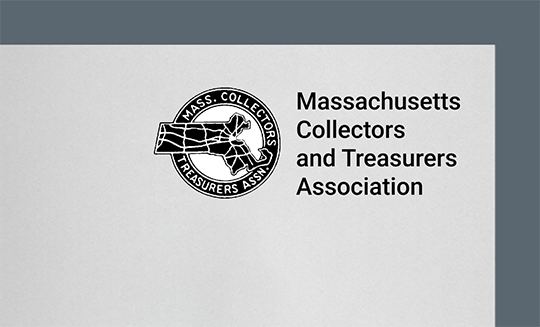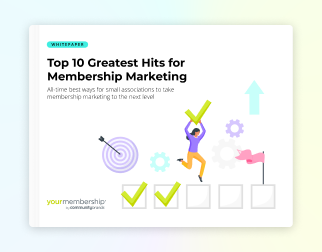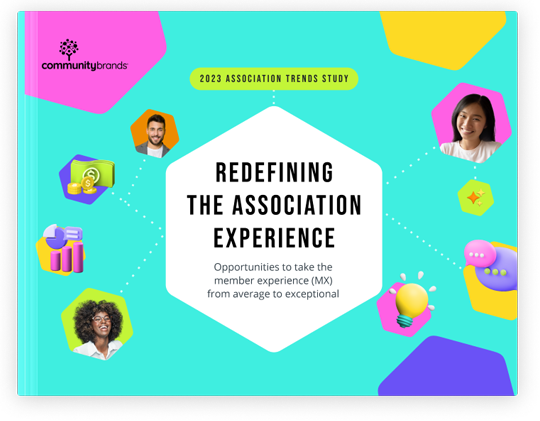One of the hardest tasks as a continuing education provider is maintaining confidence in your learning management software (LMS). Some of you are currently stuck in the vicious cycle of investing in new technology. You feel proud of what you’ve accomplished. But soon, you realize there’s a new tool or technology that offers more. Way more.
Then there are others who realize the vicious cycle isn’t feasible. Instead of looking at your continuing education technologies, you ignore the conversation all together. This isn’t a solid plan either.
Finding the right technology tools and LMS platforms remain a challenge for many associations. Only a third or fewer of professionals we surveyed in our Member Professional Development Study are “very satisfied” with their ability to:
- Target outreach
- Run reports
- Or provide interactive features for those taking courses.
But, what can you do to ensure your online learning program is keeping members engaged? To provide an excellent user experience? Does it work for you, not against you? We looked at some client successes, then compiled a list of three ways to recognize when it’s time to update your LMS:
1. Data is everything:
Time and time again, organizations are struggling to gain access to simple data within their LMS. They add hours to their already busy schedules and negatively impact their member experience. Modest datasets, including user course history, customer profiles and accounting, shouldn’t be difficult for you to access within your LMS. If data from your LMS makes you pull your hair out, that’s a big red flag. There’s a better option.
2. Seamless integration:
Many associations are heavily dependent on their continuing education programs to provide members value and earn non-dues revenue. If your association management solution (AMS) isn’t communicating with your LMS, you’re missing out on opportunities to grow your association’s offerings and increase revenue.
If your association management solution (AMS) isn’t communicating with your LMS, there’s a high chance you’re missing out
3. Happy learners:
Happiness in this example is dependent on a few factors. Is there accessibility (content available across all digital platforms)? Do you offer a seamless and positive user experience? Do you provide a recorded history of continuing education courses? At the end of the day, if your learners aren’t happy, then it’s time to move on. The investment in a new tool or technology can vastly improve the user experience. This means they will come back for more.
Are you looking to get out of the vicious cycle, but don’t know where to start? Don’t worry, we’ve got you covered in selecting the right LMS for your association success.






